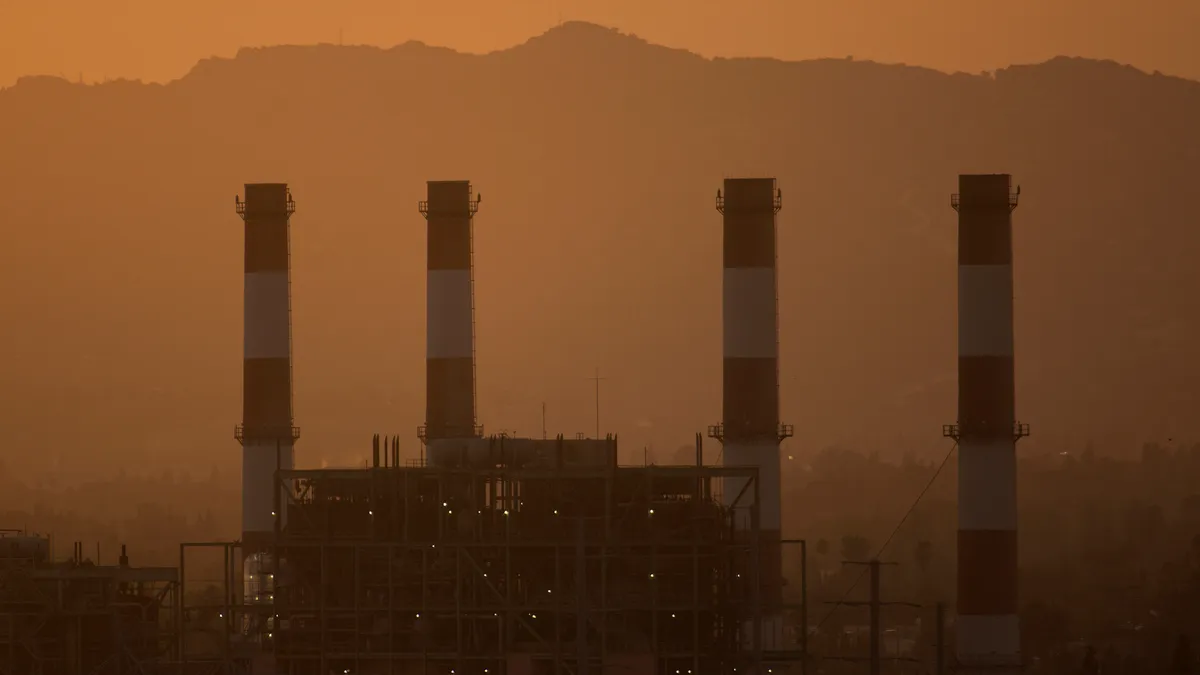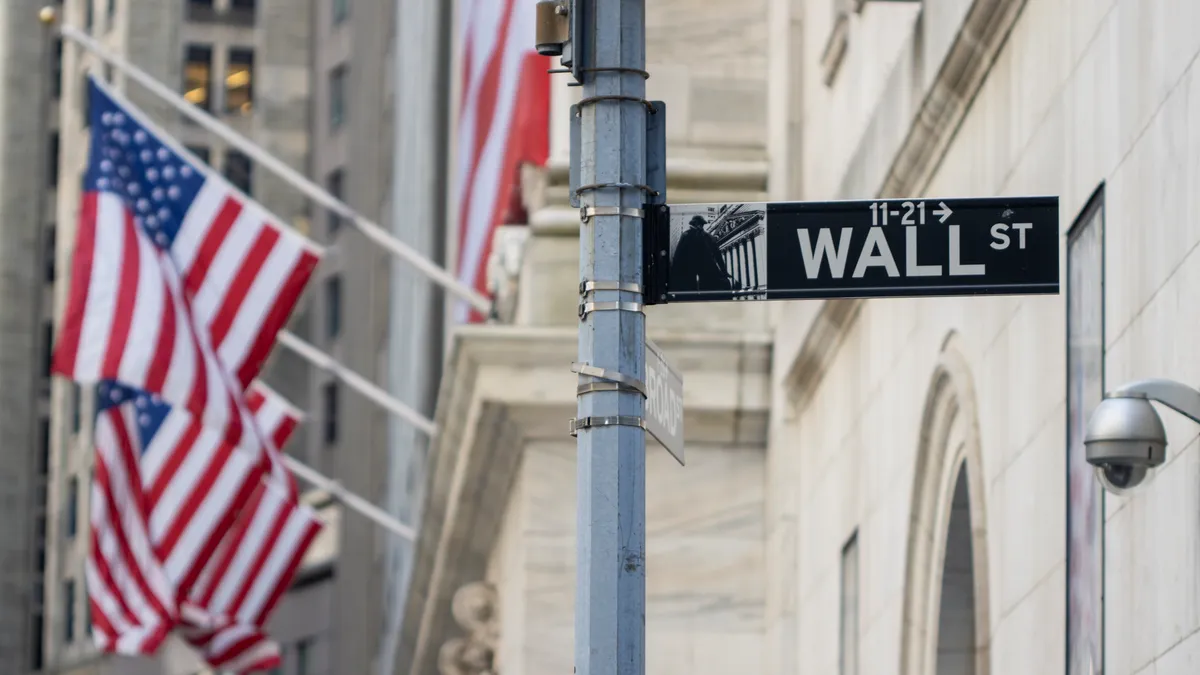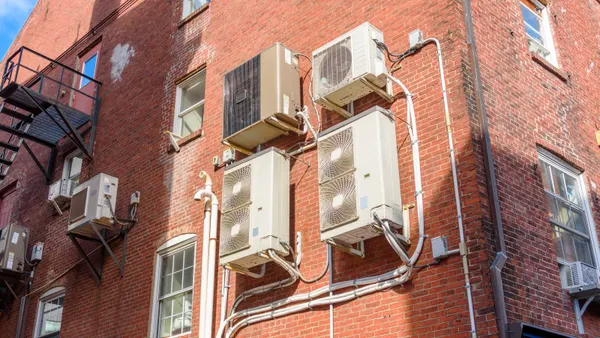Dive Brief:
- An analysis of a Morningstar index comprising more than 3,300 global public companies found that 38% of them, by index weight, are “significantly misaligned” with reaching net-zero status by 2050, in line with the Paris Climate Accords.
- Of the 3,373 companies on the Morningstar Global Large-Mid Cap Equities Index, none were in line with keeping global temperature rise under 1.5 degrees Celsius, while 19% were “moderately aligned,” with projected temperature increases between 1.5-2 degrees Celsius, according to the July 2 study. Instead, Morningstar found most of these companies were contributing to a potential global temperature rise of 2-3 degrees Celsius by mid-century.
- The findings come amid a backdrop of growing global ESG disclosures and a ticking clock to align global actions with a path to net-zero. The researchers said in the executive summary they hope the research will allow investors to build on their work to “improve the alignment of their portfolios with net-zero goals.”
Dive Insight:
While a plurality of companies actions were “significantly misaligned” with a goal of limiting global temperature rise to 1.5 degrees Celsius, an equal portion were categorized as “highly” or “severely” misaligned with net-zero goals. The study found that 23% of companies, by index weight, were highly misaligned, or tracking with between an additional 3-4 degrees Celsius, and 15% were severely misaligned, or tracking with an overshoot of an additional 4 degrees Celsius by 2050.
To analyze the portfolio, Morningstar’s Sustainalytics, an ESG-focused subsidiary of the financial services firm, said it first used its Low Carbon Transition Ratings — forward-looking metrics the company developed — to analyze the index, which covers 94% of the index by weight and 70% by total number of entities. The company then ranked companies within their sectors based on their implied temperature rating — which estimates the expected additional global temperature rise if “the global economy had the same proportion of emissions misaligned to the net-zero budget” between now and 2050.
When analyzing the alignment by sector, Morningstar found that though major companies within the energy sector are working to diversify their portfolios and invest in low-carbon energy and renewables, it “is more exposed to low carbon transition risks than any other sector” covered by the LCTR. The sector also had the lowest management score compared to other sectors such as information technology, healthcare, financials or industrials.
“Material risks [in the energy sector] stem from both the energy and carbon intensiveness of company operations, such as oil and gas refining, as well as the impacts of fossil fuel products,” the study said. “As demand for renewables continues to grow and carbon related regulations strengthen, companies must work to meet demand for greener products while also complying with more stringent standards and emerging requirements.”
Morningstar also said the two consumer goods sectors within its universe — including staples like food, personal care items, household goods and discretionary products like retail and apparel — are each only prepared to manage 9% of their baseline emissions. However, the company expects the two sectors to account for 218,058,000 metric tons of carbon dioxide in “energy-related emissions alone” by 2050. That is the equivalent to the energy used by 28,436,861 homes in a year, according to the Environmental Protection Agency’s Greenhouse Gas Equivalencies calculator.
The associate director for ESG research for Morningstar Sustainalytics, Martin Vezer, said in the press release that climate change is a “growing and material risk” for public companies, among the “myriad of concerns” they face.
“The better investors understand this risk and how companies are adapting to it, the better prepared they are to navigate risks related to climate change and develop appropriate investment strategies,” Vezer said.










